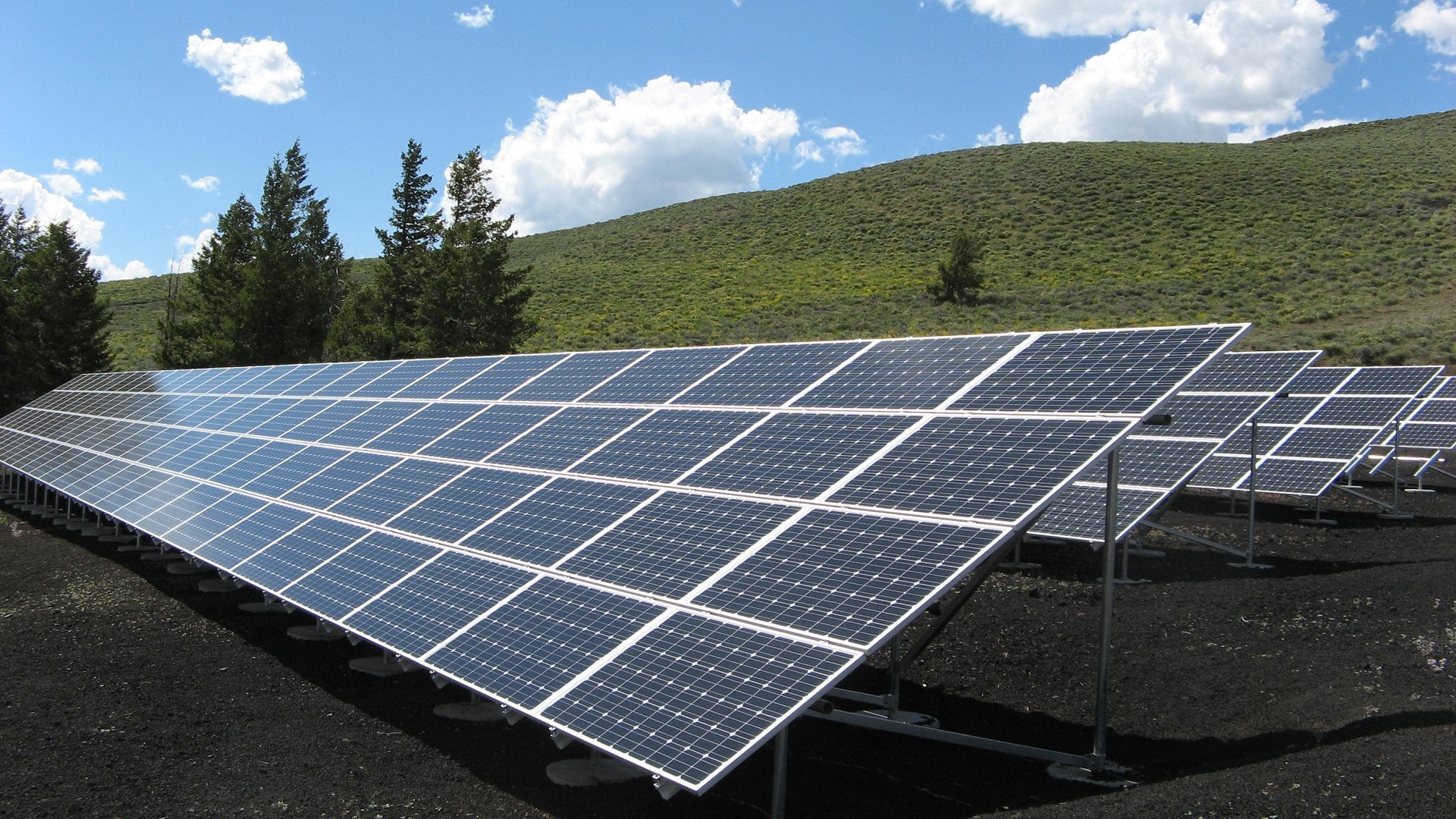Last year, the Biden administration signed off on its landmark Inflation Reduction Act (IRA) which offers billions of dollars in subsidies for companies that use American-made equipment to reduce carbon emissions, particularly in the energy sector.
It’s interesting to note, however, that the new law has not exactly triggered action, let alone excitement among US companies, particularly those that produce solar panels.
Part of the reason is that the government has yet to release the implementing rules for the IRA, particularly key definitions as to what is necessary for a product to be considered “American-made.”
Among solar panel manufacturers, the big question is whether their products would still be considered American-made if these were assembled within the US using foreign-made parts.
What Exactly Does the IRA Plan to Offer?
Based on the approved draft, the IRA offers tax credits of up to 30% for those running renewable energy facilities. Of these credits, around 10% is a domestic content bonus equivalent to part of each initiative’s cost. There are a number of such incentives, including those related to projects initiated in less privileged communities and those compliant with labor standards.
In May, the Energy Information Administration remarked that the bonus credits offered would further help reduce greenhouse gas emissions in the energy sector by 34% come 2050 – a greater amount than the 1% reduction that would ensue if only base IRA credits are counted.
What’s Holding the Industry Back?
However, the pressing issue for the country’s solar power sector is a proposal made by the Solar Energy Industries Association (SEIA) that suggests panels assembled in the United States should be considered American-made even if individual components were made overseas.
SEIA officials pointed out that no solar cells have ever been produced in the United States, and to require solar panel makers to use such nonexistent parts will delay the full deployment of solar power solutions in the country.
For now, however, top manufacturers are holding off their respective plans for expansion until the government releases the official IRA guidelines.







